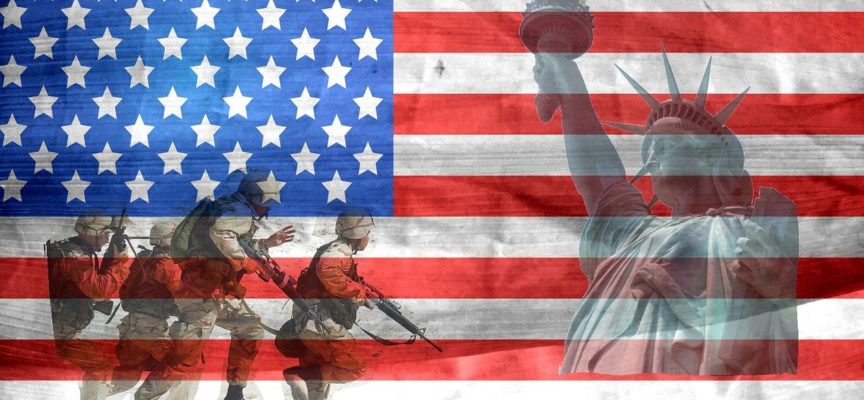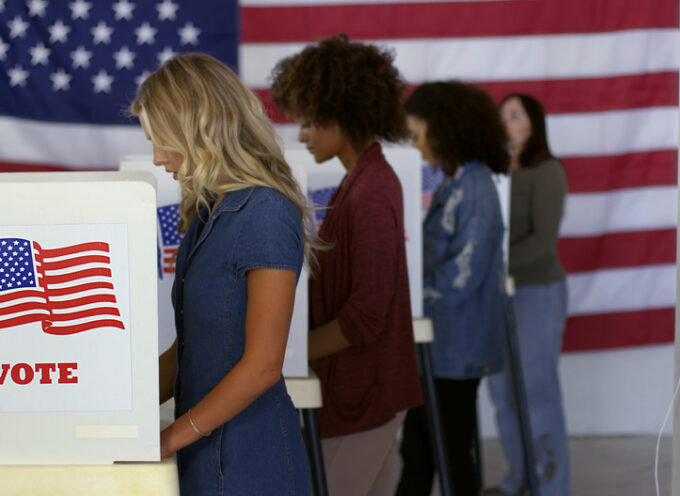The current news cycle has witnessed a flurry of activity surrounding the latest round of peace talks between the Afghan Taliban and the United States. Many are hopeful that these could bring an end to America’s longest war. Seventeen long years have passed since U.S. troops first deployed to Afghanistan. We’re at the point now when newly deployed soldiers may have been born since the war began. We continue to pray peace comes soon.
Yet, regardless of the outcome, there’s no time like the present to revisit the subject of war and its moral legitimacy. Toward that end, I am introducing this series of posts on the “ethics of warfare.”
Moral accountability is absolutely vital for citizens, societies, political parties, and leaders. For a person, a community, or a nation to flourish, it must open itself to moral examination, to questions of right and wrong.
Decisions about whether or not to go to war, how to wage war, and when and how to exit a war are no exception. They must be open to moral examination.
In a democratic republic such as ours, not only our military and political leaders but also the general public must participate actively and intelligently in debates about whether or not the nation should to go to war, how to conduct war once it has begun, and how to handle the aftermath of war.
Moreover, the continuation of a healthy national debate cannot happen without the cultivation of an informed public. Given the need for an informed public and the potential for military conflict at any given time in the near future, it is incumbent on Christians to give serious attention to the just war tradition.
The topic is close to the heart for me. Many of my family members have defended our nation, such as my great-grand father, “Papa” Riley, who fought in both world wars, serving in the Army Air Corps and then in the Air Force. On my office wall is a photo of him shaking hands with Winston Churchill. My maternal grandfather, “Pop” Nye, served in the Marines as an aerial photographer during the Second World War. My paternal grandfather, Col. John T. Ashford, Jr., was a bomber pilot who flew 25 combat missions over the European theater. My father served in the Air Force, my uncle in the intelligence community.
It is also a matter of personal interest because I sometimes am invited to participate in discussions and events hosted by the military and intelligence community. And because I am working on a manuscript on the ethics of warfare. The book will be an introduction to the just war tradition, accompanied by application of just war principles to some new realities such as special ops, psych ops, drone warfare, cyberwarfare, and enhanced interrogation techniques.
Yet, the ethics of warfare matter for reasons beyond the personal. A sturdy ethic of war helps our nation and our political leaders understand the difference between just and unjust wars, and to refrain from the latter. It allows our soldiers to know that, when they are waging war in a just manner, their use of lethal violence is not immoral. It allows our nation’s leaders to let go of their desire to be the world’s policeman, intervening helter-skelter in various conflicts across the globe.
The sturdy ethic to which I refer is the “just war” ethic. The just war tradition is a form of political realism and therefore opposes idealism in the ethics of warfare. On the one hand, it opposes pacifism which seeks an ideal state of peace by laying down our weapons. On the other hand, it opposes the type of crusaderism or jihadism or militarism that seeks an ideal state of peace by using lethal force to eradicate evil across the globe.
The “Ethics of Warfare” Series is open ended. We will begin with some posts contrasting the just war tradition with pacifism and crusaderism and making arguments in support of the just war tradition. We will continue by reflecting upon whether and when a nation should wage war, how to wage war justly, and when and how to exit war in a just manner.
Additionally, there will be posts reflecting on how the just war tradition relates to newer forms of warfare. We will reflect upon nuclear warfare, regular and irregular warfare, surrogate and proxy warfare, espionage, drone warfare and developing technology, special operations warfare, cyber warfare, enhanced interrogation techniques, and much more. From time to time, we might weigh in on the ethics of a particular conflict in the news cycle.
Readers tend not to pay attention to articles unless they are directly relevant to a big event in the day’s new cycle. The problem is that, when the moment arrives—when war is on the horizon—we will have spent little time reflecting on the principles of just war so that we can actually be ready as citizens to make a thoughtful contribution to the national debate. We must prepare our hearts and minds now, in order to ensure the justness of our wars in the future. Toward that end, we hope that this series on the ethics of warfare will be helpful.
Other articles in the “Ethics of Warfare” Series:
1. To Fight or Not to Fight? That is the Question.
2. What Kind of Peace Should America Seek in our War-Torn Era?
3. Why I am Peaceful but Not a Pacifist
5. Why I am a Proponent of the Just War Tradition
6. The “Founding Fathers” of the Just War Tradition
7. Seven All-Stars of the Just War Tradition
8. Eight Recent Champions of the Just War Tradition
9. 8 Criteria for Deciding When It’s Right to Go to War
10. 7 Moral Criteria to Guide Commanders during Battle
11. How Do Just War Principles Apply to Terrorism & Asymmetrical Warfare?
12. How Do Just War Principles Apply to Drone Warfare?
13. Future War: How do We Prepare Ethically for Radically New Forms of Warfare on the Horizon?
14. The Ethics of Special Operations Warfighting
Subscribe
Never miss a post! Have all new posts delivered straight to your inbox.







